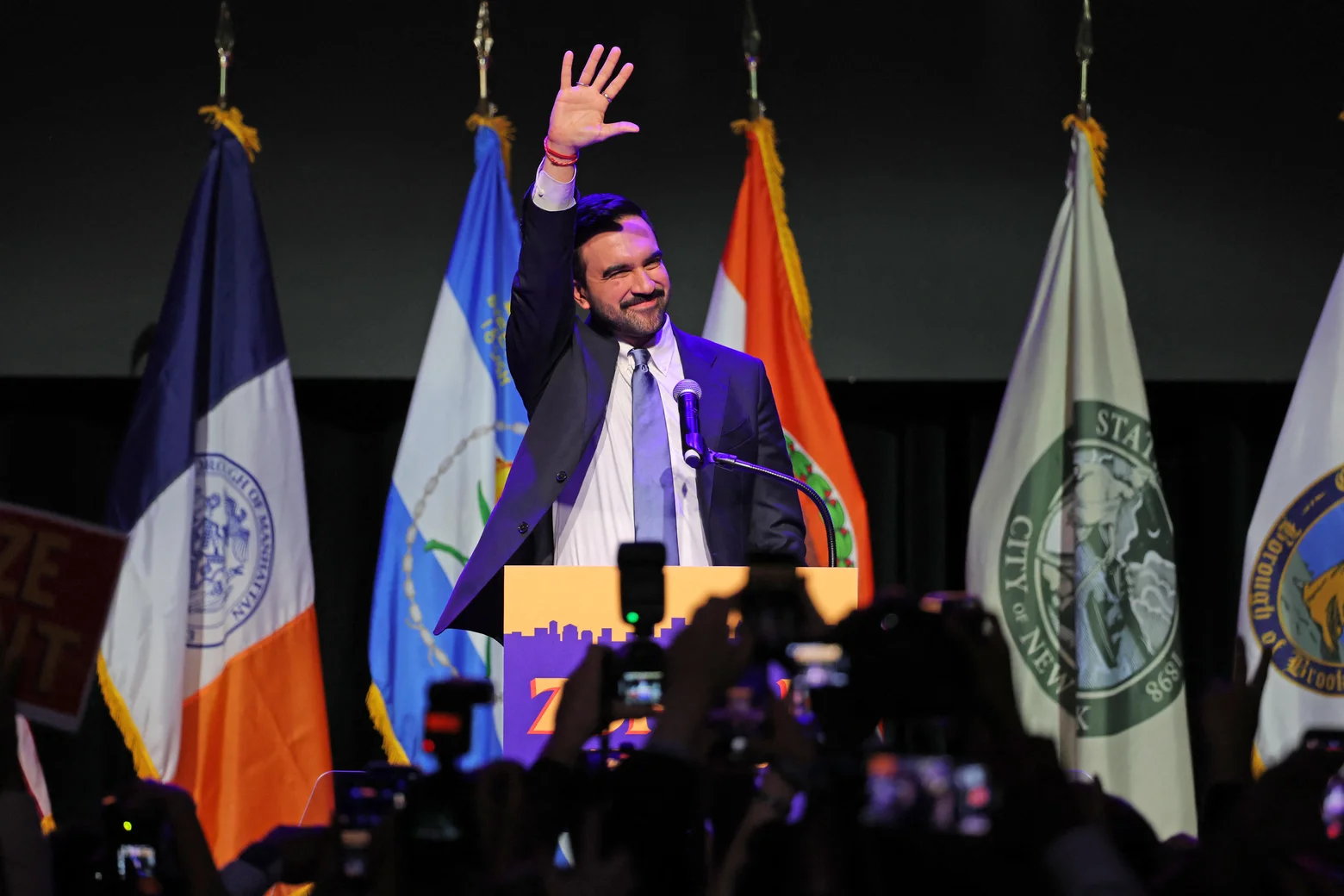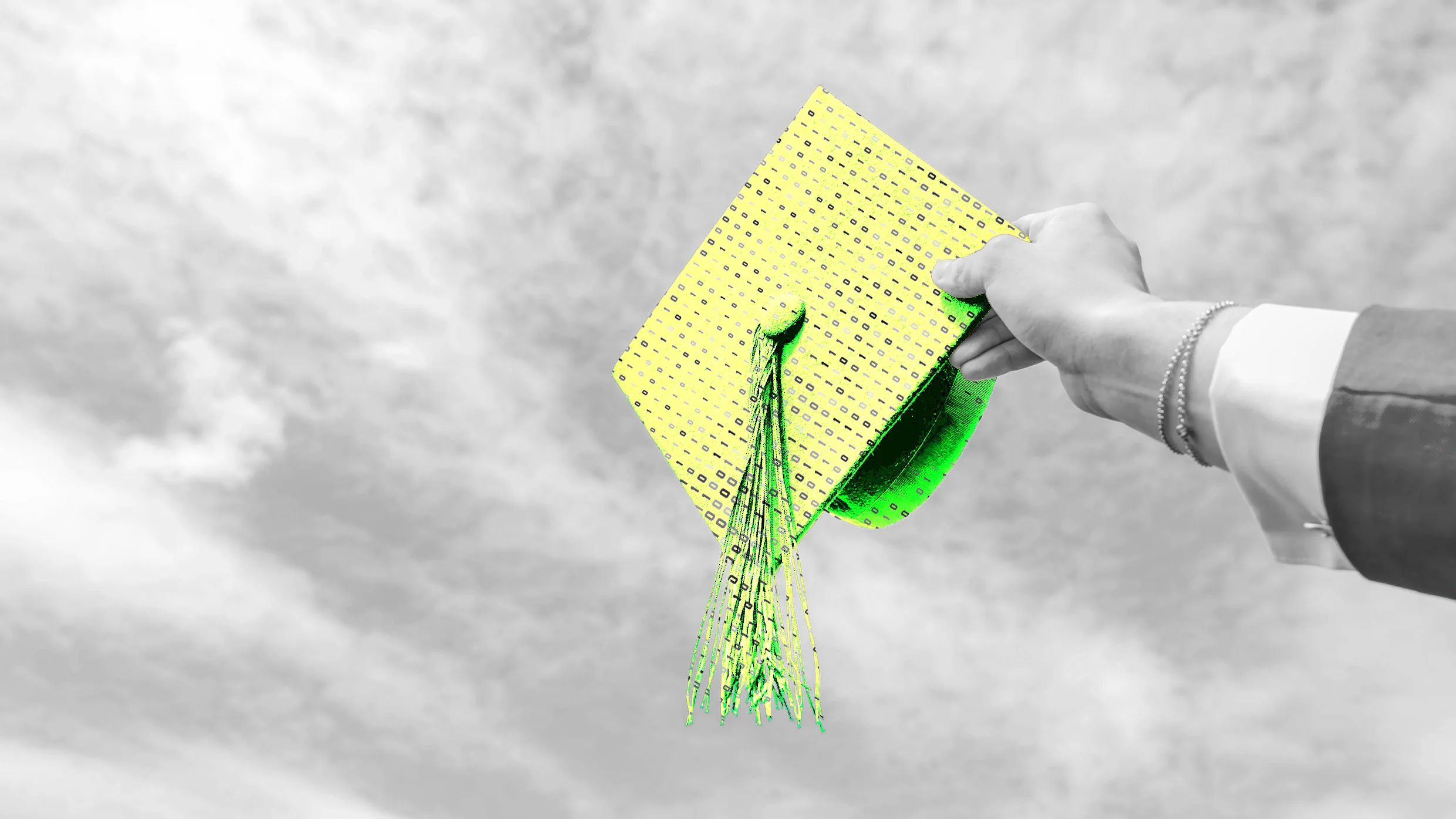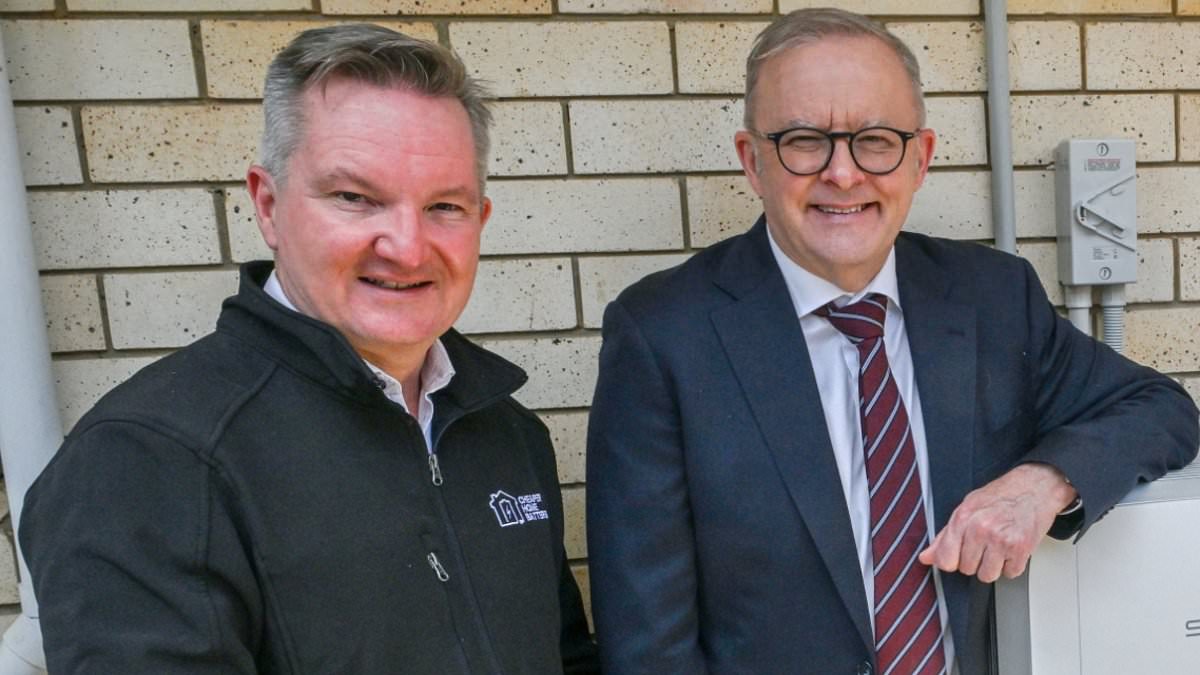Copyright Slate

Sign up for the Slatest to get the most insightful analysis, criticism, and advice out there, delivered to your inbox daily. The polls had just closed as I hovered outside Kabab King, the fluorescent-lit, late-night biryani joint that Zohran Mamdani calls his favorite restaurant. Jackson Heights, Queens, is lined with similar South Asian spots, with piles of spices and to-go containers in every window, this one stands out. It’s where Mamdani often ate during his historic campaign. It’s also where he was recorded eating biryani with his hands, a moment his opponents tried to spin as proof of barbarism. Inside, I counted three other people doing the same. Nobody seemed particularly injured. A wall-mounted TV played election coverage, the sound barely audible over the clatter of trays. When it seemed an announcement was coming, the cooks drifted out to join the patrons. Then: Mamdani wins. A loud cheer erupted. It was quick and definitive. And after a few seconds, everyone went back to their kebabs. The applause felt more like punctuation than the wild elation of adoring fans. It was much less the raucous celebration I’d expected from a place often called the beating heart of Muslim and South Asian New York, welcoming the city’s first Muslim South Asian mayor. Half the room was journalists. You could spot them instantly by the awkward smiles and the “Sorry, can I just ask you one thing…” interruptions. Two women in publishing who’d come straight from a book launch whispered about how strange it felt to be interviewed “about what it’s like to be Muslim tonight.” (Neither was Muslim.) “It’s like, I get it,” one said, “but also—we’re here to eat.” Still, they didn’t seem bitter. Mostly, they were excited about Zohran and amused that reporters had descended on their hangout like birdwatchers. And in a way, they were right: for years, politicians talked about this community. It’s rare to hear directly from Muslims in those cases. Mamdani actually showed up. That was his secret. Before his first run, he went around New York interviewing voters—Trump voters included—asking what they actually cared about. They told him: rent, groceries, healthcare, affordability, and yes, Palestine. As he previously told MSNBC’s Ayman Mohyeldin after clinching his Democratic primary win, “Voters were primarily motivated by the economy, by a rising cost of living crisis, and by despair over a continued genocide in Gaza.” He built his campaign around that. And it worked. Even so, Mamdani’s rise inevitably became a story about identity. When the Democratic establishment froze on Gaza—when party leaders couldn’t summon the courage to simply say “stop killing children”—he didn’t flinch. He said what his base already knew to be true, at a time when the party was still calculating how much moral clarity it could afford. For nonwhite New Yorkers, his effort to reach every community—recording videos in Spanish and Arabic—reaffirmed that diversity is a strength at a time when the concept is demonized by Republicans like President Trump. His campaign stopped everywhere: mosques, synagogues, churches, temples, community centers. He never let up. And he earned respect for it. For Democrats at large, his success proved something they’d long taken for granted: you still have to earn your base. Tempo and conviction can win elections. What struck me most at Kabab King, though, was how ordinary the celebration felt. No chants, no speeches, no halal champagne (yes, that’s real). Just families eating together, laughing about how fascinated reporters seemed to be with Muslims, then going back to their plates. I heard someone complain that the dessert wasn’t great. Someone else asked for more raita. The TV replayed Mamdani’s victory, but nobody seemed to notice. I found myself chatting with a city bus driver named Kamal and his friend Atif, who uses a wheelchair. Both Pakistani, both Muslim, both Mamdani voters. They’d come to Jackson Heights from Brooklyn after voting “to be with our people.” “I hope he makes the buses free and freezes the rent,” Atif said. “Let’s see if it goes through—that’s the hard part.” Kamal nodded. “It’s what he’s doing for the youngsters. He’s young, too. Look how he activated the younger generations and Muslims—people who didn’t vote before.” I realized I, too, was among the reporters hyper-fixating on identity—an identity I share—but it led me to something revealing. Yes, Mamdani’s win gave Muslims a chance to finally see themselves reflected in power in a city that once waged war against them. But he didn’t run as the Muslim candidate. He ran as the populist who’d fall asleep in his suit during Ramadan rather than miss a campaign stop. To tenants, bus drivers, and single parents, a campaign built on empathy and endurance was irresistible. His faith and immigrant background shaped his values, sure, but what animated his campaign was something more universal: government is hard work, and we need empathetic hard workers in power. That’s what made the scene at Kabab King so quietly profound. It wasn’t a crowd hungry for validation or a community waiting to be seen. These were people already comfortable in their seats, eating biryani with their hands, not caring what Cuomo might say. Muslim New Yorkers have weathered post-9/11 Islamophobia long before a politician told them they mattered. For them, Mamdani’s victory wasn’t a miracle of diversity—it was proof that competence, solidarity, and imagination can still defeat cynicism. Representation is only radical when it leads somewhere new, and Mamdani managed to make it mean something again. In that way, the silence felt less like restraint and more like relief. A city that had once spied on its Muslim citizens after 9/11 now had one leading it—and not just symbolically, but substantively. The campaign wasn’t about him. It was about everyone who’d ever been told they were too foreign, too idealistic, too poor, or too angry to lead. And that’s why the celebration didn’t need to be loud. The victory was already woven into the air: ordinary people, in an ordinary restaurant, finally seeing their politics reflected back at them—not as a performance, but as power. The night also confirmed the limits of money. A who’s who of billionaires spent big to stop him—Michael Bloomberg, Bill Ackman, Ronald Lauder, and Airbnb cofounder Joe Gebbia (among others) pumped millions into pro-Cuomo and anti-Mamdani PACs like Fix the City, Put NYC First, Defend NYC, and Anyone But Mamdani. Bloomberg alone gave eight figures across the cycle; Alice Walton cut six-figure checks; DoorDash money helped fuel Fix the City. Mamdani beat them anyway. And the rhetoric got ugly. Islamophobia trailed his campaign for months. Supporters I met at Kabab King talked about “thirty years of Islamophobia being normalized” and feeling seen for once. Trump did his part by posting online: “Any Jewish person that votes for Zohran Mamdani, a proven and self-professed JEW HATER, is a stupid person!!!” That’s the exact phrasing. In his victory speech, Mamdani turned to the camera and sent four words to Donald Trump: “Turn the volume up.” From the stage, he went further. “New York will remain a city of immigrants,” he declared, “a city built by immigrants, powered by immigrants, and as of tonight, led by an immigrant.” The crowd roared. “We have toppled a political dynasty,” he said next. “I wish Andrew Cuomo only the best in private life. But let tonight be the final time I utter his name, as we turn the page on a politics that abandons the many and answers only to the few.” Later in the speech, he broadened it out: “Whether you are an immigrant, a member of the trans community, one of the many Black women that Donald Trump has fired from a federal job, a single mom still waiting for the cost of groceries to go down, or anyone else with their back against the wall—your struggle is ours too.” When I stepped outside again, the streets of Jackson Heights were calm. The glow from halal carts bounced off the wet asphalt. “People have work tomorrow,” one man said with a shrug. “And besides, we knew he’d win.” Across town, the mood was very different. At Bohemian Hall & Beer Garden in Astoria, the crowd was younger, whiter, louder. The thousand-plus in attendance erupted when Mamdani appeared for his victory speech. A local historian who’d been canvassing since 8 a.m. told me it was “the most moving campaign of my lifetime.” Another supporter said, “We’re entering a better reality than we’ve been in for the past eight years.” Someone else added simply, “To have played some small part—we love him.” At another stop, in Astoria Queens, a dance party was underway at a beloved trendy Yemeni Coffee spot, Moca & Co. A group of young women playfully mocked the Islamophobic attacks used against Zohran, one yelling “Sharia Law, baby!” Even I laughed. Later, at Paramount Brooklyn, where Mamdani’s official party had wrapped, the afterparty was pure New York fever dream: Hasan Piker, Amani Al-Khatahtbeh, Abby Stein, Mahmoud Khalil, and half the city’s activist class under one roof. Outside, cars honked, flags waved, people shouted “Zohran!” as they drove away. At 2:00 am, no one seemed ready to leave.



